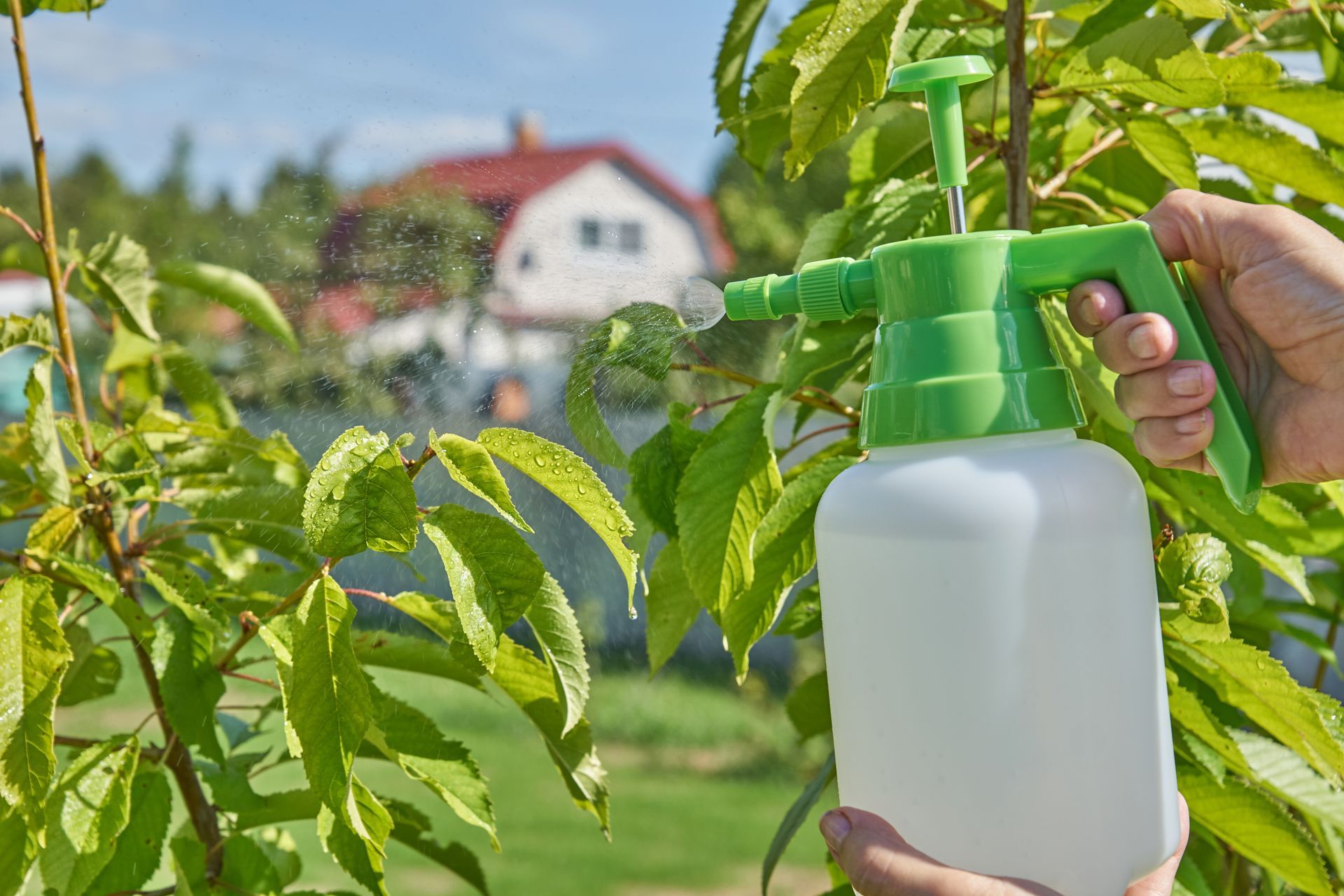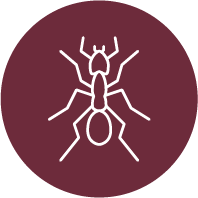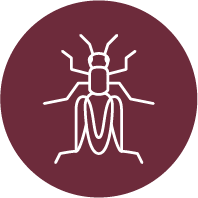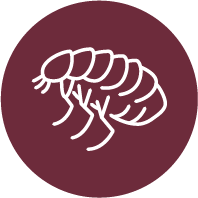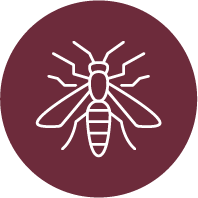How to Deal with Wasps around Your Home
Have you ever found yourself avoiding certain parts of your property because you know there are wasps buzzing around? For some people, wasps are little more than a minor annoyance. For those who are allergic to their stings, however, they can be very dangerous. Regardless, you deserve to enjoy every inch of your property unhindered by wasps. So, what can you do to deal with them?
Use Wasp Traps
If you want a simple, easy way to deal with wasps that requires almost no effort on your part, using wasp traps could be the perfect solution. All you have to do is acquire them and hang them around your property–ideally, away from your outdoor living areas. The wasps will be attracted to the liquid inside and will get stuck in the trap after crawling in. Make sure you replace them regularly because the dead wasps accumulate.
Spray Nests
Sometimes, wasps build their nests directly onto your home, especially under overhangs. If you’re feeling brave, you can try spraying the nests yourself to remove them. There are store-bought wasp sprays you can use or you can make your own spray at home with two tablespoons of dish soap mixed into a spray bottle of water. Wear protective clothing when spraying the nest, and do it from a distance if at all possible. Depending on the size of your wasp problem and your chosen method, you may need to spray the nest more than once before the problem is resolved.
Call Proterra Pest Control
Depending on how extensive your wasp problem is, the DIY approach may not be feasible. It could be ineffective at best, and unsafe at worst. If your wasp problem isn’t something you want to deal with yourself, call a pest control specialist. Proterra Pest Control can safely and effectively take care of your wasp problem so you don’t have to worry about it yourself. They are dedicated to removing both pests and indicators of pest activity covering your entire property. Proterra’s professional approach means your wasp problem days will be well behind you in no time.
Wasps can be a real problem for homeowners. Fortunately, there are things you can do to deal with them if you find them building nests around your home. Whether you choose to deal with your wasp problem yourself or choose to get some extra help, there is always a solution. However, for your safety, you should consider hiring a professional to take care of the problem.
Need help with troublesome wasps? Click here to contact Proterra Pest Control! We’re happy to help whenever you need us!
